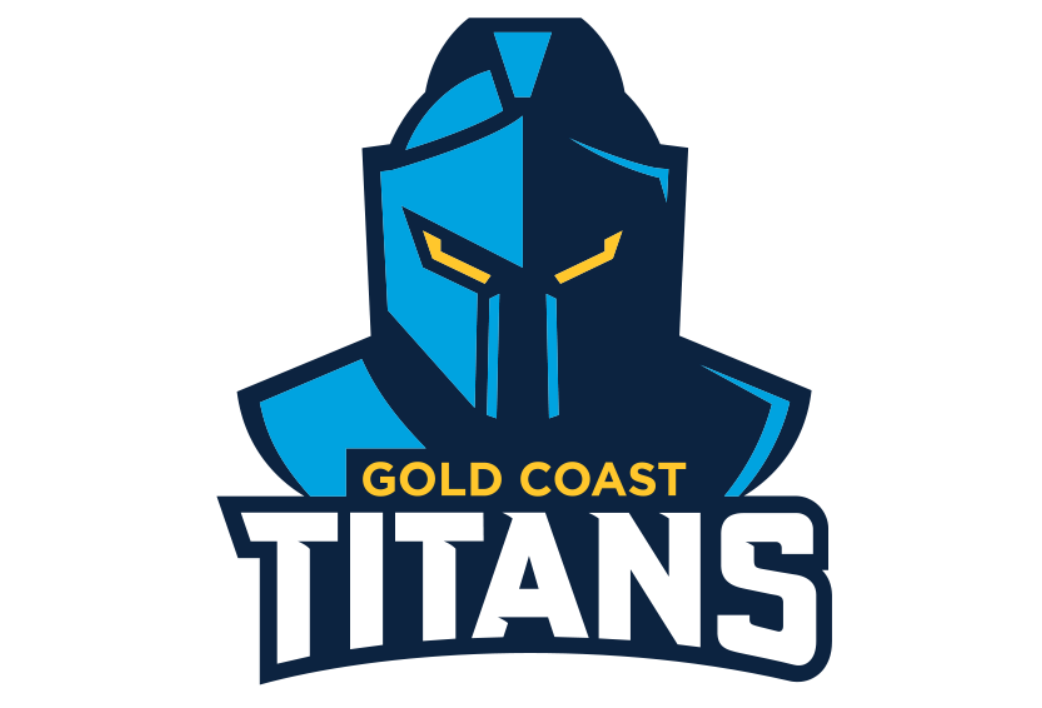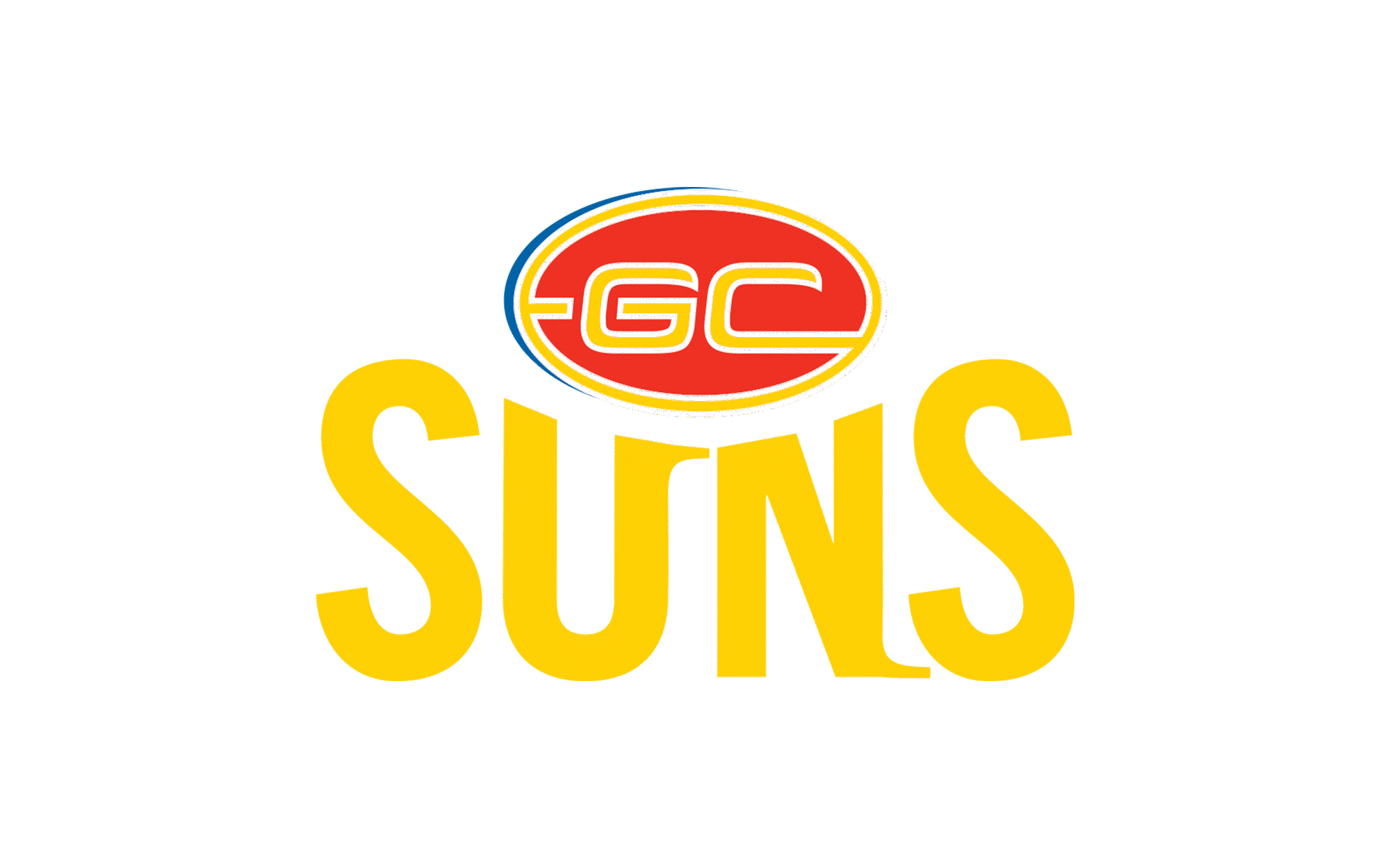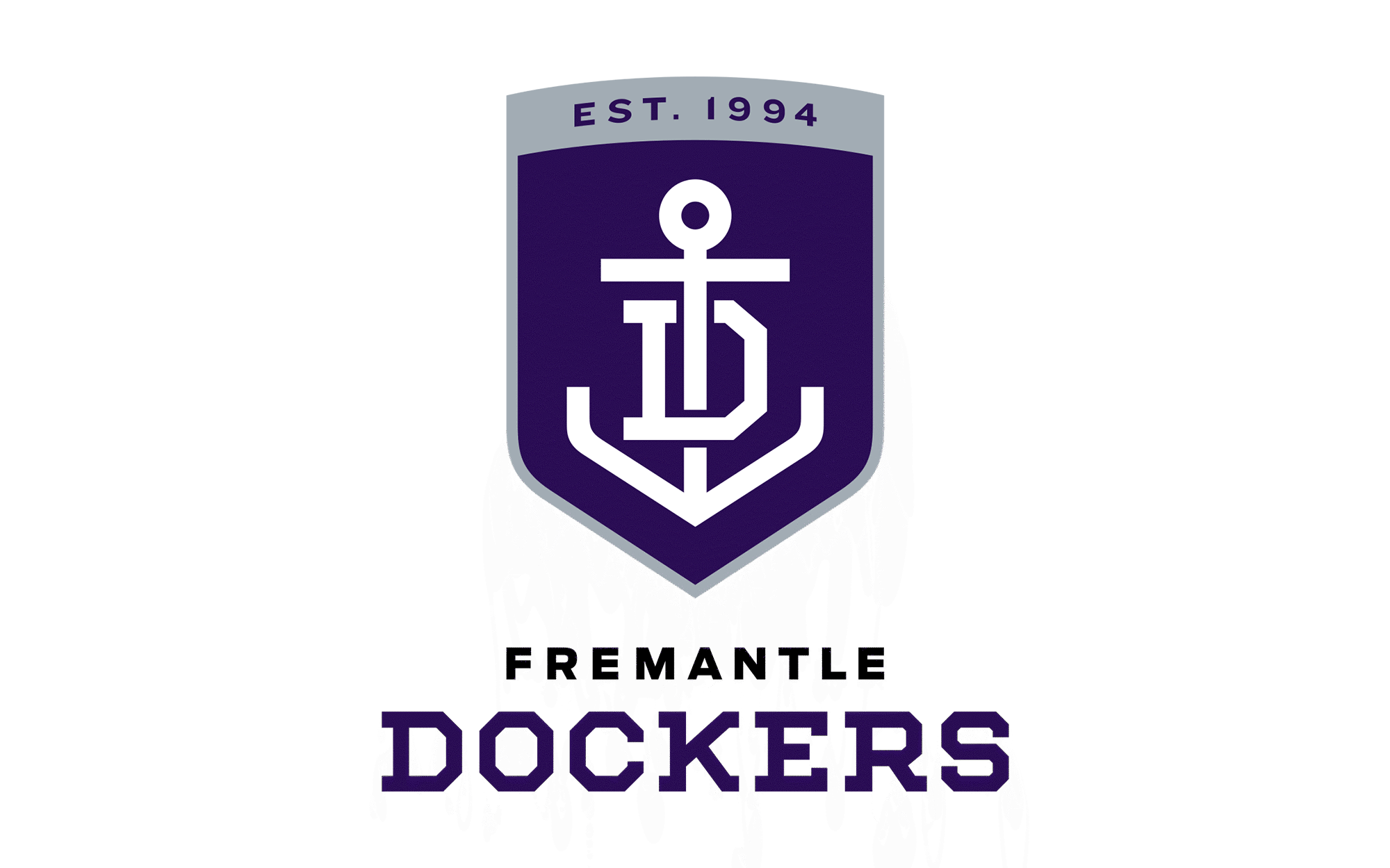Fanatics & the changing face of collectibles.
The pace of transformation in the sports industry has led to some unexpected developments in recent years, as sectors converge and companies pivot in new directions.
The first week of 2022 brought a deal that underlined just how radically companies are adapting to the changing demands of the marketplace.
Fanatics is a sports merchandising powerhouse whose high-profile partners include Major League Baseball (MLB), the National Basketball Association (NBA), Formula One and Uefa. In a little over half a decade, it has responded to the expectations of fans by accelerating the production and delivery of replica and commemorative sportswear and equipment. Its ‘v-commerce’ model, inspired by fast-fashion trends in clothing retail more generally, has generated rapid growth and investment, bringing more rights holders to its side.
A $325 million funding round in August 2021, with backers including rap icon Jay-Z, took its overall valuation to $18 billion. The latter figure had tripled in three years.
The same month, Fanatics then did something few had anticipated. It signed a long-term partnership with MLB and the Major League Baseball Players’ Association (MLBPA), taking the license to produce and distribute official trading cards and other memorabilia. That ended a 70-year relationship between MLB and trading card specialist Topps.
As of January 2022, Topps itself is now part of the Fanatics empire. An acquisition worth a reported $500 million was announced in the first few days of the new year. All of Topps’ staff – around 350 employees – will be integrated into a new company, Fanatics Trading Cards.
“With trading cards and collectibles being a significant pillar of our long-term plans to become the leading digital sports platform, we are excited to add a leading trading cards company to build out our business,” said Fanatics chief executive Michael Rubin. “Their iconic brand, commitment to product excellence and passionate employees worldwide will allow us to immediately serve our league and players’ association partners and our fans.”
The takeover sees Fanatics absorb not just the physical memorabilia arm on which Topps built its reputation, but also its burgeoning digital venture. It is a move that is intriguing for the future of one of the sport’s most influential businesses. Beyond that, it could hint at how sports organisations aim to connect fans with the teams and events they care most about.
There is sure to be some revision to the core service that Fanatics operates over the years ahead, with consumers and governments demanding more sustainable practices in clothing manufacture. Yet the expansion of Fanatics’ activities suggests a broader convergence between merchandise, physical collectibles and memorabilia, and blockchain-enabled technologies like non-fungible tokens (NFTs) that allow fans to buy one-off digital products.
As fans await the next phase of digital experiences, whether characterised as ‘the metaverse’ or ‘Web3’, sports brands and organisations are beginning to think about how to develop lines that draw on new potential. As the direct-to-avatar economy grows, stimulating interest in digital-only items for use in shared online spaces, the leading players are fleshing out their plans.
Sportswear giant Nike ended 2021 by buying digital apparel company RTFKT, having already released Nikeland in the metaverse-forerunning online gaming platform Roblox. Its great rival, Adidas, bought an NFT from the buzzy creative stable Bored Yacht Ape Club and used that new intellectual property to develop an original character, Indigo Herz. It also purchased digital ‘land’ in another virtual gaming world, The Sandbox, which it will develop into what it calls ‘the Adiverse’.
Whether or not Fanatics’ ambitions are currently as extensive as those, its purchase of Topps points to an era where digital and physical assets interact with each other in a whole range of unexplored ways. NFTs were one of the most talked-about trends of the last year but speculation about the value of individual assets – some overpriced, others little understood – often obscured debate about their future utility.
To put it another way, NFTs are still evolving but one of the most promising ideas for making them meaningful to fans is to link them to physical products and events. That could mean using them to certify contactless digital tickets, giving fans a lasting keepsake when they have not been issued a paper version. Many of the NFTs issued so far have celebrated highlights of historic sporting moments but there are possibilities to expand those products to give fans a deeper, unique sense of how those memories were made.
Pickstar has been collaborating with Sportemon-Go, a digital ecosystem and platform building digital assets and other distinctive experiences. This partnership will not only allow fans to buy and trade NFTs but to find them through in-venue promotions on matchdays.
However the digital collectible space progresses from here, there is much more to investigate beyond the headlines and the headline numbers.
Subscribe to our newsletter to receive the latest news and exclusive offers. No Spam!
Thankyou.
We’ll be in touch shortly.



